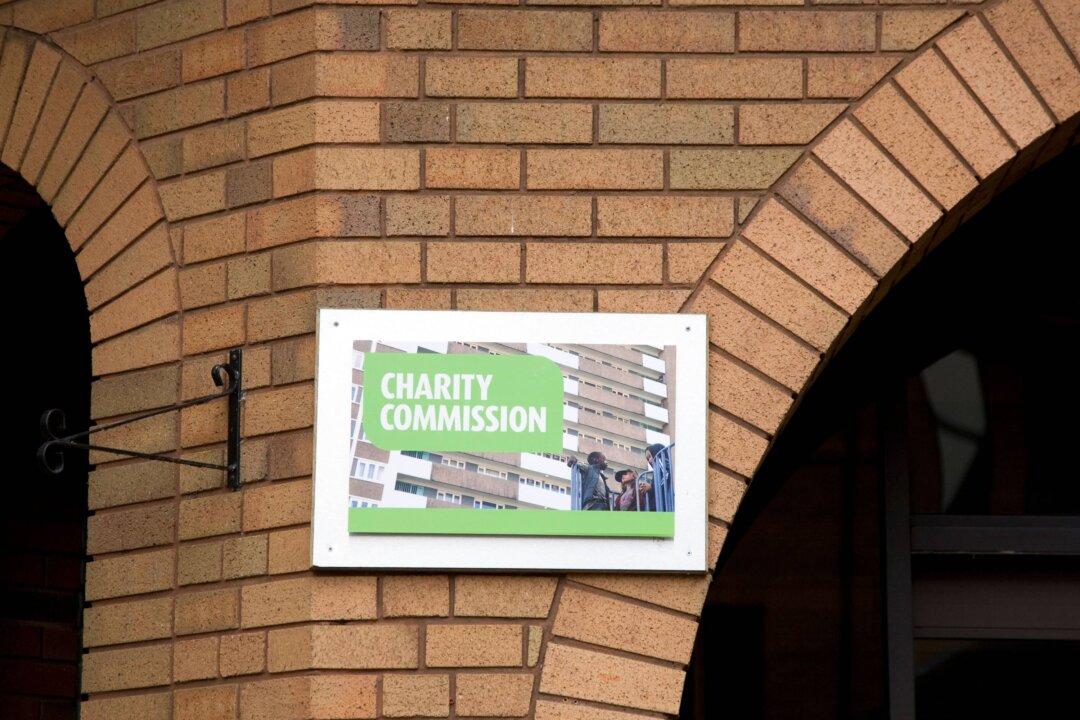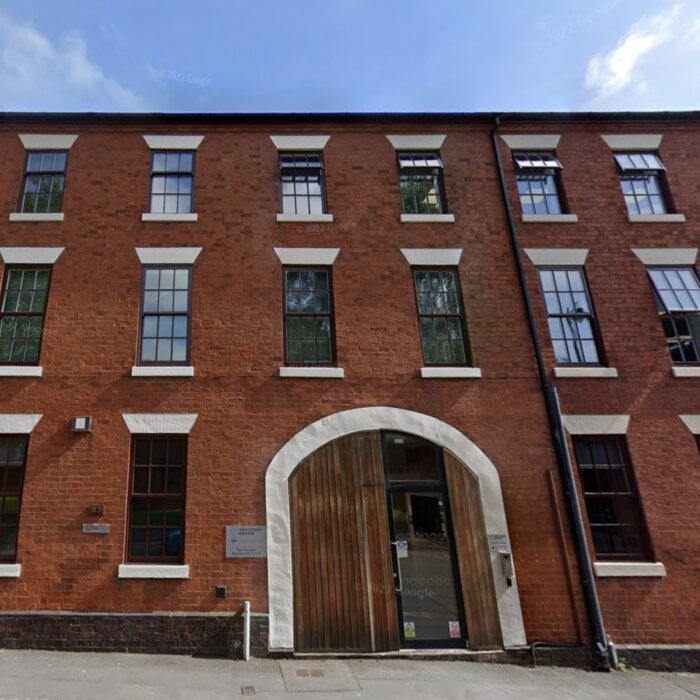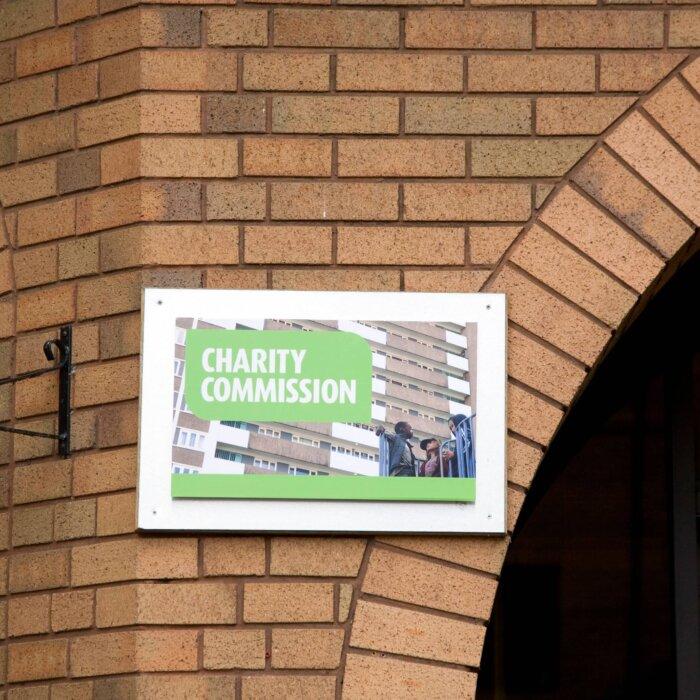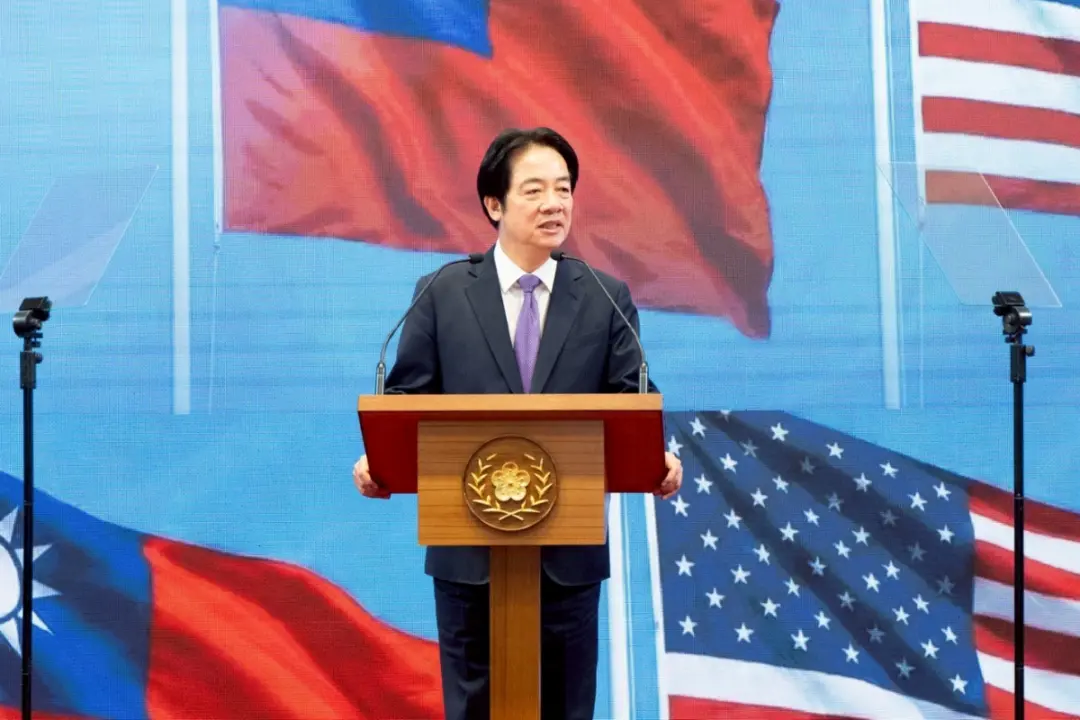Charities should not reject donations based on “personal views” or “external pressures,” the sector’s regulator has said, adding it may intervene if trustees cannot demonstrate “sound judgement” on why a gift was refused.
Chairman of the Charity Commission, Orlando Fraser, KC, first announced the guidance on turning down donations last year, when he warned against trustees’ “personal squeamishness around sources of philanthropic funding” becoming an obstruction to accepting donations.
Mr. Fraser said in the commission’s announcement on Monday, “When charities are offered a donation, the law is clear that their starting point should be to accept unless there is very good reason not to.”
He added that while the regulator “will not generally get involved,” the Charity Commission may do so “if trustees cannot evidence sound judgement and a considered process for their decision.”
“I hope this guidance will empower trustees to feel able to make the choice that’s right for them when faced with a tough decision. It has been designed to offer clarity and support as they navigate what can be tricky territory,” Mr. Fraser said.
The press release said that “the regulator’s guidance makes clear that trustees should start from a position of accepting donations,” advising charities to consider “the risks involved in refusing or returning the donation, and how likely and serious these are,” including “negative financial impact, ability to deliver services and ability to attract donations in future.”
The guidance also asks trustees to “consider the risks involved in accepting or keeping the donation, and how likely and serious these are. These include the likelihood of reduced support or reputational harm, particularly among supporters or beneficiaries.”
‘Righteous Progressiveness’
Mr. Fraser first announced the guidance during a speech at the University of Kent’s Dame Shirley lecture on Nov. 9, 2023.The Charity Commission chief said that while reasons exist for refusing donations—such as illegal donations or where acceptance of them would cause reputational harm—“largely speaking the Commission will respect the trustees’ exercise of their discretion, and thus will rarely intervene when trustees decide to accept, refuse or return a donation.”
“However, rarely is not never, and the Commission may well intervene if we consider that such intervention would be consistent with our Risk and Regulatory Framework, including if any decision-making is materially irrational,” he continued.
“One example of materially irrational decision-making would be when it is apparent that the motivations for a return or refusal are simply the personal worldviews or preferences of the relevant trustees, rather than the best interests of the charity.
“Demonstrative personal squeamishness around sources of philanthropic funding may benefit the sense of righteous progressiveness of a trustee or charity executive, but it will most likely not serve the beneficiary reliant on the services a charity provides,” he said.
Charities and Arts Institutions Cutting Ties With Oil Industry
In March 2022, Save the Children rejected a donation from North Sea gas provider Neptune Energy, which the charity said in its annual report prompted an increase in complaints.“We also do not accept donations from fossil fuel companies or corporate foundations that have direct involvement in the extraction and/or sale of coal, oil and gas, or distribute oil and gas whose emissions reductions pathways are not aligned with short, medium, and long-term 1.5-degree Celsius emissions targets,” the charity said.
In recent years, museums and theatre companies have ended sponsorship relationships with oil industry multinationals that sponsored their events, including the National Portrait Gallery, the Scottish Ballet, and the Tate galleries, which cut ties with BP, while the National Theatre cut links with Shell.
The Royal Shakespeare Company ended its partnership with BP in 2019 following pressure from environmental campaigners, with students threatening to boycott the theatre company. BP’s sponsorship scheme had allowed young people to buy 80,000 tickets for just £5 each since 2013.
The Royal Opera House also ended its sponsorship relationship with BP in 2023 after 33 years of support following pressure from environmental campaigners. BP’s support had enabled people around the country to see free opera and ballet through the BP Big Screens events.







